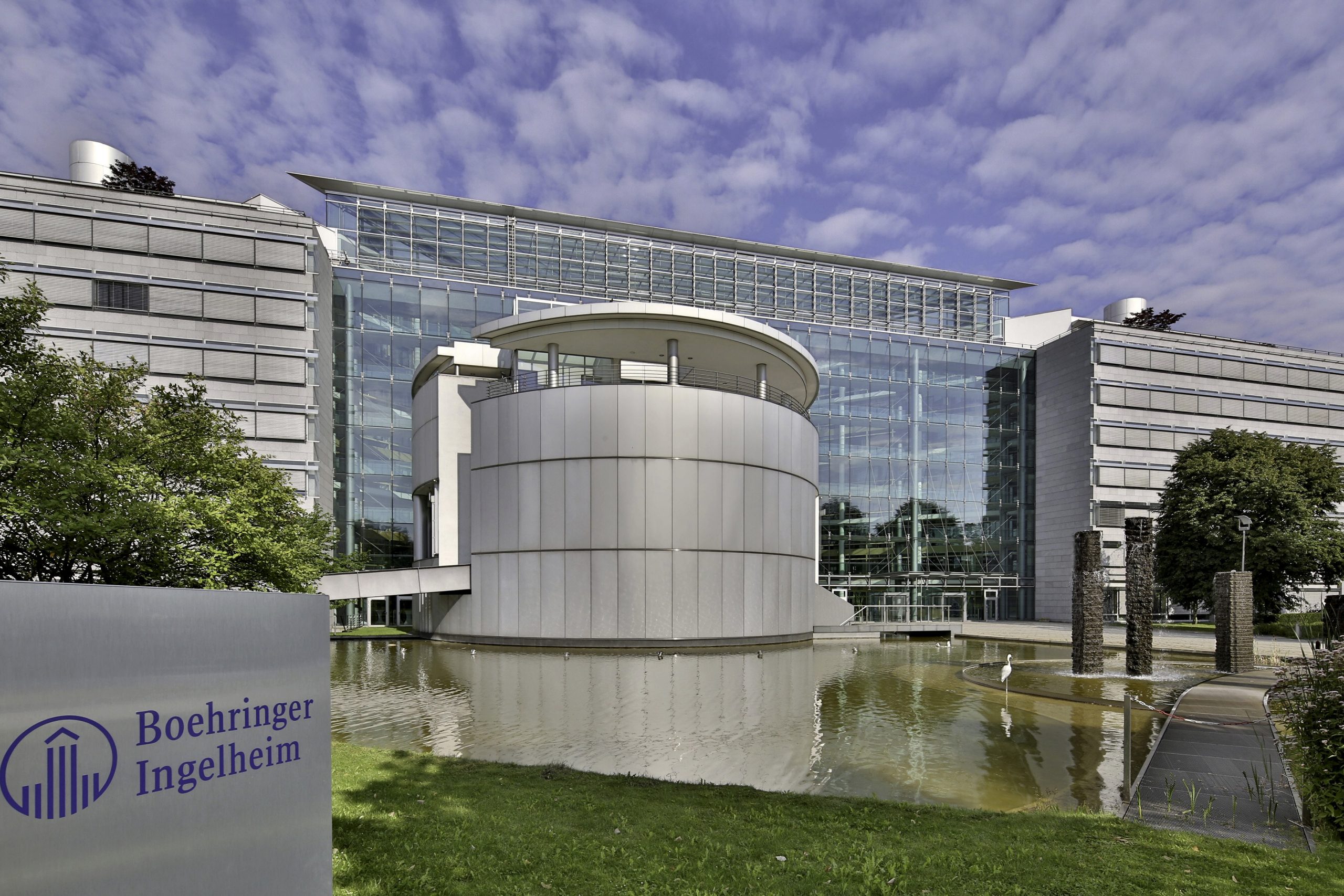Boehringer buys immunotherapy biotech AMAL Therapeutics

Germany’s Boehringer Ingelheim has bought the Swiss biotech AMAL Therapeutics, a privately-held Swiss biotech focused on immunotherapy and vaccines in oncology.
AMAL’s lead vaccine ATP128 is due to begin first-in-human trials later this month, and BI plans to develop new therapies by combining its own drugs with those created with the Swiss biotech’s technology, dubbed KISIMA.
The entire transaction could total 325 million euros, and consists of an upfront payment as well as payments for achieving clinical, development and regulatory goals, and 100 million euros for undisclosed commercial goals.
BI is investigating therapies that work against tumours that are not inflamed and are “cold” to the immune system.
Earlier this year BI begun a partnership with AMAL over ATP128 over the first in human trials that will see the vaccine combined with its own checkpoint inhibitor BI7544091, and has decided to dive in and buy the biotech outright.
This represents a large group of cancer types that do not respond to many treatments, including checkpoint inhibitor drugs.
The move is part of an ongoing strategy at Boehringer, which involves combinations of drugs that aim to tackle tumours that do not respond to marketed immunotherapies.
Cancer vaccines work by making “cold” tumours behave in a way that makes them visible to the immune system, allowing for attack by the body’s immune system, either with or without assistance from an immunotherapy.
BI last year bought Vira Therapeutics (Vira-T) and in-licensed OSE Immunotherapeutics’ SIRP-alpha targeting antibody, strengthening its focus in this field of oncology.
The German pharma already had an interest in AMAL after becoming a seed investor when the biotech spun out of the medical campus of the University of Geneva in 2012, along with High-Tech Gründerfonds.
VI Partners, Helsinn Investment Fund, BioMed Partners and Schroder Adveq were also among early investors.
AMAL’s KISIMA enables assembly of three functional components into a single patented fusion protein used as a vaccine: a cell-penetrating peptide for antigen delivery, a toll-like receptor agonist as an adjuvant, and a multi-antigenic cargo that can be tailored for specific indications.












